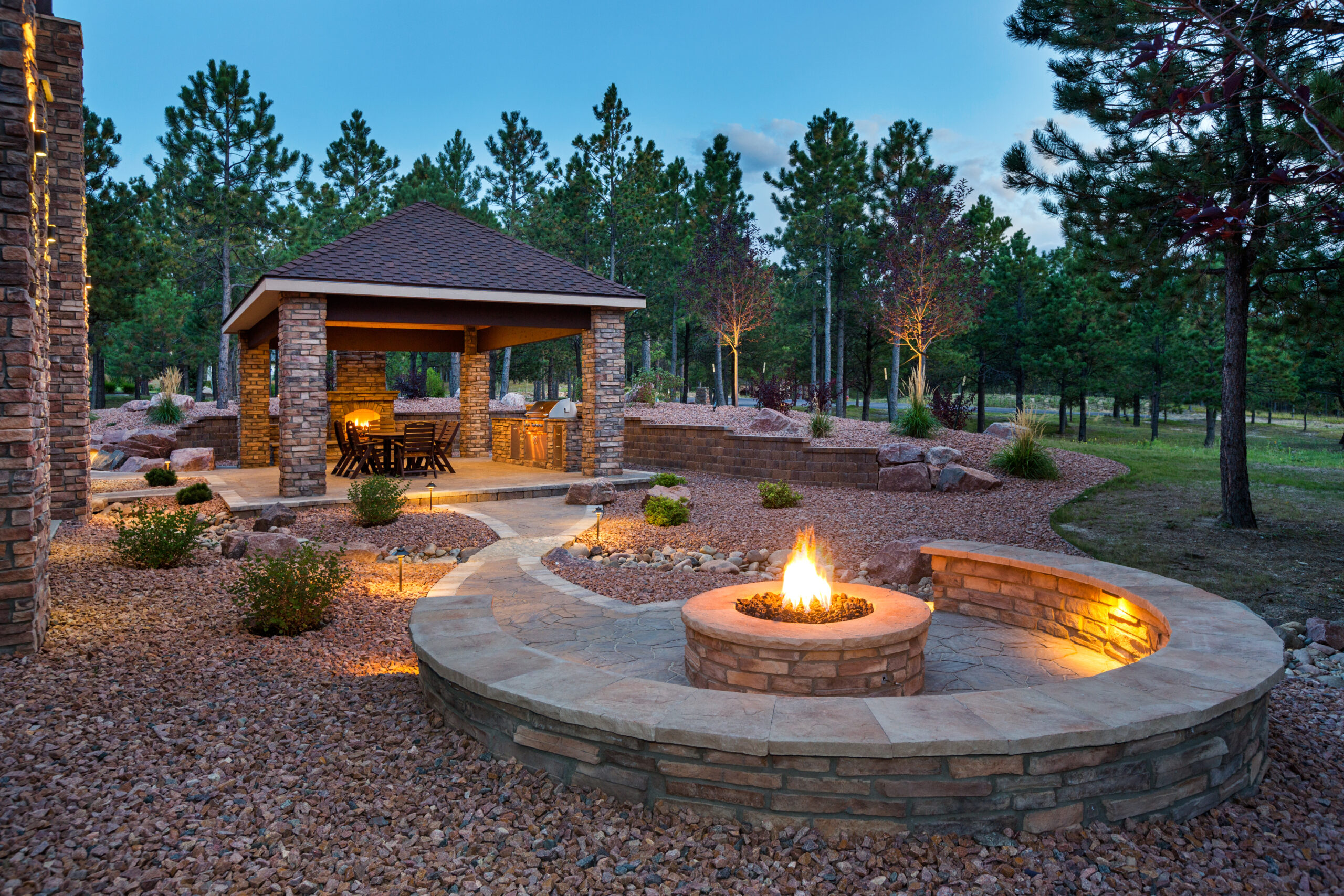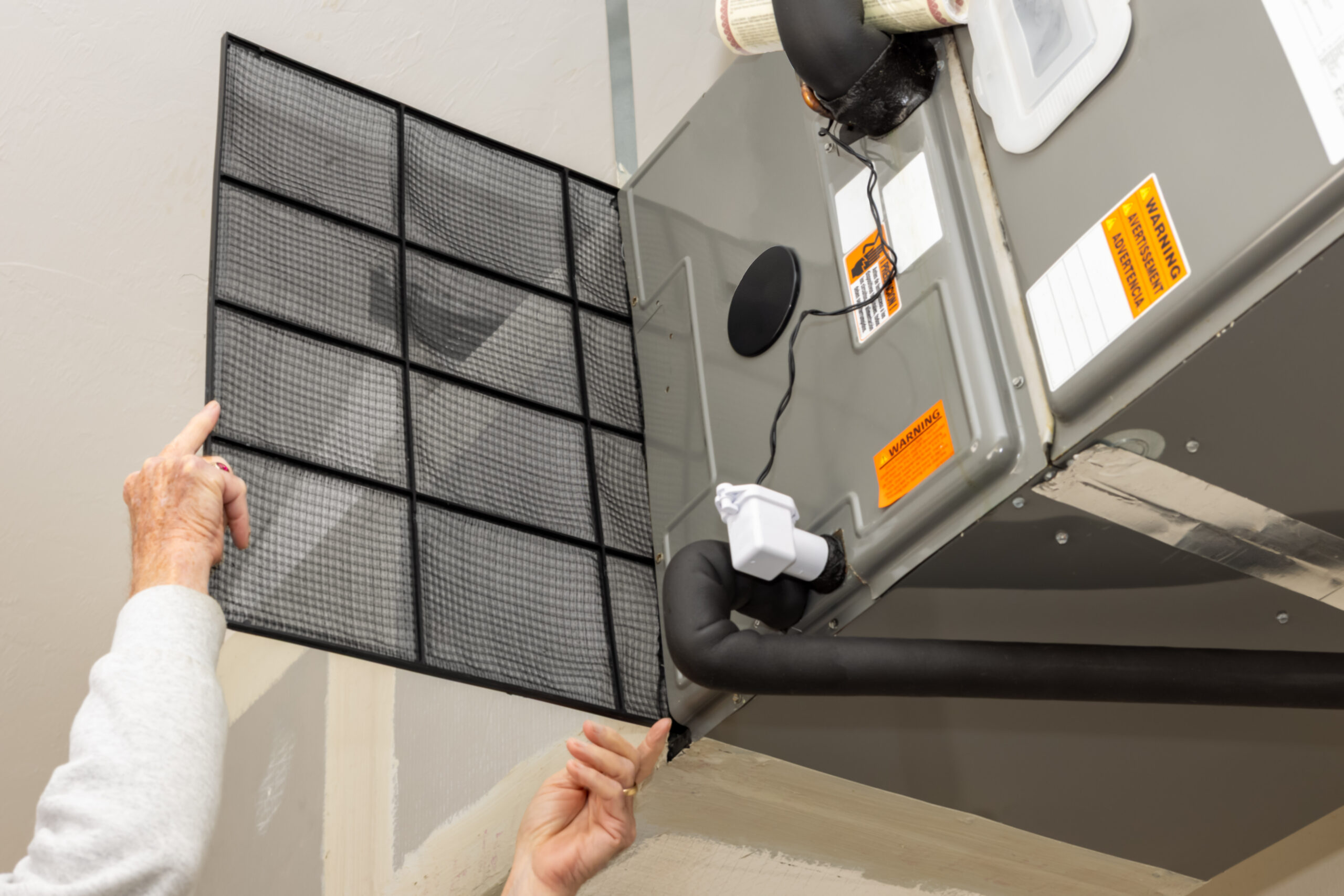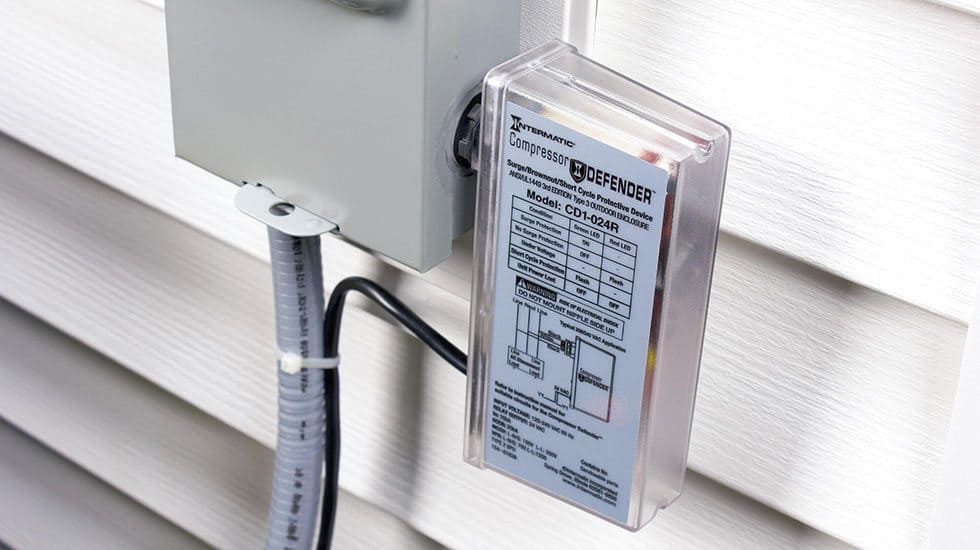|
Getting your Trinity Audio player ready...
|
Last Revised: 1/21/2025
“Don’t touch the thermostat!” There’s something we all remember hearing when we were younger. But now that you’re a homeowner, that command has a new meaning.
Your heating and cooling, or HVAC, system is what keeps you warm in the winter and comfortably cool during the dog days of summer. It also accounts for nearly half of your energy bill every month, according to the US Energy Information Administration.
This creates a question that a lot of people ask themselves: how do I maximize my home’s comfort level while minimizing the costs associated with doing so?
This problem is something that our service technicians and industry experts solve for homeowners in the Greater Philadelphia Region almost every day. If your energy bill is leaving you scratching your head thinking of ways to save, you’ve come to the right place.
In this article, we’re going to cover everything you need to know about maximizing and maintaining your HVAC system’s efficiency.
Get in Good Temperature Regulation Habits
To start, let’s cover a few daily habits that you’ve started practicing with the hope of reducing your energy consumption:
You’ve kept a watchful eye on open windows and doors, ensured nothing is blocking your air vents, closed your blinds or curtains on hot sunny days, and even set a programmable thermostat to your ideal temperature for each hour of the day. Those are all great ideas, but let’s dig a little deeper into what might be causing inefficiency.
Your HVAC System Encounters Wear and Tear
It’s important to understand that the elements of your HVAC system will wear out over time and require maintenance to prevent large issues. Here are a few components that are susceptible to damage over time, and how to address them.
1. Get to Know Your Air Filter
One of the elements that you will want to become familiar with is your air filter, which traps dust, pollen and other airborne particles. You’ll want to learn about the size and MERV rating of your air filter.

If your filter is 1″ in size you’ll want to be sure to change it every month, and for 5″ filters, you can do so every 6 months. The MERV rating of your filter can be easily found and also has an impact on the recommended replacement timeframe. Filters with a higher MERV rating will be more effective at catching airborne particles and therefore will need to be changed more frequently.
Air filter size and ratings impact how much your system’s airflow will be restricted as time goes by, and therefore can hamper efficiency levels if neglected. During your next HVAC tune-up, your service technician should advise you as to the exact size, rating and replacement schedule you should follow to make sure you have an appropriate filter in your system at all times.
Purchasing air filters in bulk is a good way to save money and ensure that you always have one on hand.
2. Address Refrigerant Leaks
Refrigerant is the chemical that is used to cool your home, and if you have a heat pump it’s used to heat it as well. It travels through coils in both your indoor and outdoor units, and lines running between the two.

A leak may occur at any of these sections and cause damage to your system, not to mention it will significantly hurt overall efficiency levels.
One indication of a refrigerant leak or low refrigerant levels is a spike in utility bills. During your next tune-up, it’s a good idea for your service technician to test the pressure of your refrigerant lines to ensure that your coils and lines have been properly installed, locate any leaks, and return refrigerant levels to normal.
Even for the savviest DIY homeowners, this is a job best left to the professionals.
3. Look Out for Electrical Component Failure
If you notice a loud buzzing noise coming from your HVAC unit, it’s likely coming from an electrical piece of equipment called a contactor. The contactor works with a capacitor to power the compressor and runs the fan that powers the system.
If your system is running but the air coming out of your vents is not heated or cooled, then these electrical pieces may have failed.
This problem should be expected at some point during home ownership, as these parts will wear out and die over time. It’s usually a quick fix, but identifying and installing the components can be a challenge, so hiring a professional is recommended.
4. Be Aware of Cracks and Corrosion in the Heat Exchanger
A heat exchanger is a large set of coils that’s designed to do exactly what its name implies: safely and efficiently transmit heat produced from furnaces and boilers after the combustion process to the next stage in the home heating process.
If a heat exchanger begins to corrode to the point of being breached, it will begin to lose heat that has already been produced, therefore reducing the efficiency of the system.
This is also a potential fire and safety hazard as harmful, and flammable, gases will be loose near your furnace and may spread throughout your home.
One of these gases is carbon monoxide, a potentially deadly flue gas. If you or a professional find cracks on the surface of your heat exchanger, it’s always recommended that a replacement be installed right away. You should also make sure to have a carbon monoxide detector installed somewhere in your home.
5. Insulate your Ductwork
Your walls aren’t the only part of your home that can be insulated to improve temperature retention. Ducts are designed to preserve the air conditions within them, but they will naturally dissipate some of the temperature meant to reach your vents as the air travels.
By insulating as much ductwork as possible you’ll make sure that the system doesn’t have to work any harder than necessary to get the heated or cooled air it generates to the right place in your home.
6. Seal off Ducts to Unused Rooms
Another small ductwork task you can tackle is closing off sections that lead to areas of your home that don’t need to be regulated for temperature, like the attic or basement. These are large spaces that consume a lot of energy to heat and cool, yet we may spend little to no time in them.
While this is a great way to boost efficiency, blindly doing so can have the opposite effect as you may unintentionally restrict airflow to other parts of your home. Making a change like this should be done alongside a professional to ensure that airflow is not being lost when auxiliary ducts are closed off.
Nevertheless, when you update your airflow layout by sealing off the ducts leading to these areas, you’re ensuring that the forced air circulation system is as small as possible and consumes as little energy as is needed.
7. Install a Programmable Thermostat
Installing a programmable thermostat allows you to schedule the temperature of your home from your smartphone, tablet or computer. It’s a great step to take when investing to improve your home’s energy efficiency.
This smart device instantly provides value by letting you remotely turn your system down when your home is unoccupied or when you are asleep. According to the US Department of Energy, turning your thermostat down seven to ten degrees during the 8 hours you’re away from your home can cut your heating and cooling costs by up to 10%.
The convenience of accessing your thermostat from your smartphone when you’ve left your home or are already in bed has been a revolutionary advancement in the HVAC world.
8. Schedule Maintenance Tune-ups Ahead of Time
By scheduling tune-ups in advance, you’re getting ahead of any potential efficiency problems that could arise and helping to extend the unit’s lifespan. Taking all the prescribed steps toward maintaining your HVAC’s efficiency is a great start, but there’s nothing better for your system than having a professional inspect and handle any minor issues before they get worse.
When you schedule future inspections at the time of installation you’re ensuring the long-term health of your heating and cooling systems.
Ways That Mattioni Can Help
If you feel comfortable tackling the upkeep of your HVAC system on your own, that’s great. But if you are unsure of what may need to be done, then we’re here to answer your call.
We offer the following diagnostics to evaluate the health of your current system:
- Refrigerant Leak Detection: To ensure that refrigerant is being efficiently used and stays within the system’s copper lines.
- Camera Inspections of Heat Exchangers: To ensure that the heat exchanger has not been breached, or worn through beyond repair.
- Combustion Analysis: To track and identify areas to improve the efficiency at which the furnace is burning oil or gas.
- Pressure Test: To track and identify areas throughout the HVAC system to improve the efficiency of air conditioning, heat pumps and mini splits.
- Visual Inspections: A detailed scan of the HVAC system for any visual imperfections, and appropriate spot fixes upon locating one.
After an inspection has been completed, your Mattioni service professional will make a recommendation on any further repairs or replacements needed. Most residential HVAC systems last 10-20 years.
Mattioni’s VIP Memberships Ensure Long-Term HVAC Security
To help ease the burden of your HVAC installation and maintenance schedule, Mattioni offers a complimentary 1-year VIP membership with any new system purchase.
A VIP membership provides benefits including two annual tune-ups, a 5-year parts and labor warranty on all HVAC appliances, an annual plumbing inspection, and 15% off all flat-rate tasks to help with all the HVAC and plumbing needs of your home. By becoming a VIP member at Mattioni, you’re giving yourself peace of mind that when any HVAC or plumbing issue arises, you’ll have a quality solution in no time.
Schedule an appointment online or call today at (610) 400-8510 to speak more with one of our experts.




